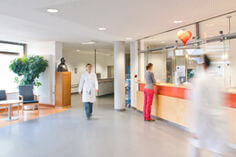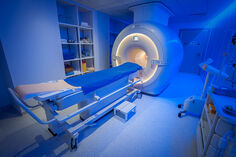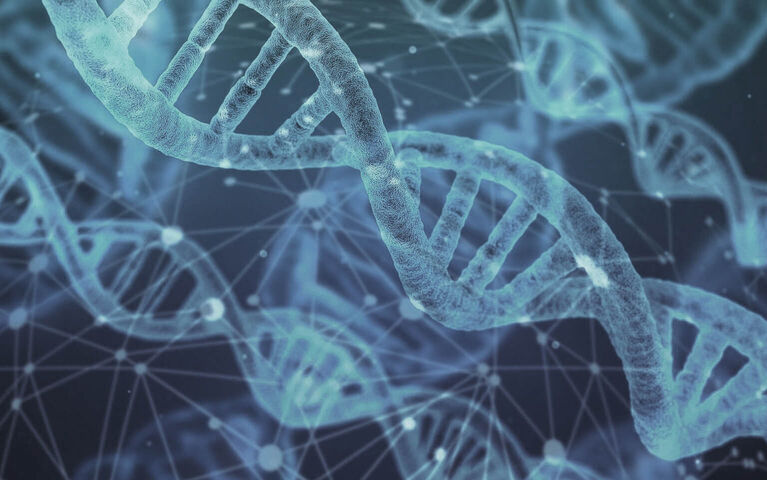Research Focus of the Meder Group
Here you will find more information about our central questions and the methods established in the laboratory. The overarching theme is the linking of human genetics with functional model systems.
Functional genomic investigations in model systems
We use the zebrafish as one of the model systems to analyze genetic and molecular mechanisms of heart and skeletal muscle function. Due to its transparency, the heartbeat can be observed directly through the light microscope and the influence of genetic variants can be assessed. more

We use mouse as a model system to analyze genetic and molecular mechanisms of heart and skeletal muscle function. We create mouse models including different gene modifications and also analyze splicing processes.
We also use induced pluriopotent stem cells to enlighten the underlying mechanisms of cardiomyopathies and develop therapies.
Next-Generation Genetic Testing
As part of national and international research projects, we develop methods for the selective enrichment and diagnosis of disease genes. This technology, which is based on "next-generation sequencing", allows patients' DNA to be read quickly and in detail and errors, so-called mutations, to be identified. As part of our research, we operate the Heidelberg Cardiac Sequencing Unit . more

NUCLEIC ACID-BASED BIOMARKER DEVELOPMENT
MicroRNAs (miRNAs) are a group of regulatory RNAs that enable eukaryotic cells to regulate complex gene expression cascades in a variety of biological processes, such as proliferation, differentiation, apoptosis and stress response. With modern high-throughput technologies, it is now possible to capture entire transcriptomes including miRNAs from patients, which has created a completely new way of biomarker development. Our goal is to advance the development of new disease markers and improve diagnostics in cardiology.
AI-SUPPORTED DIAGNOSTICS
We are using deep neural networks with a special focus on explainable AI to automatically evaluate cardiac MRIs. Projects include AI-based risk prediction for sudden cardiac death and diagnosis of diastolic heart failure and cardiomyopathies.
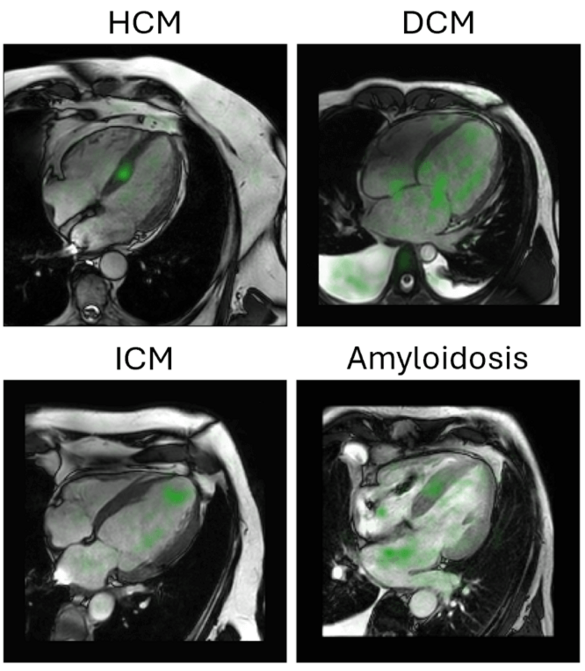
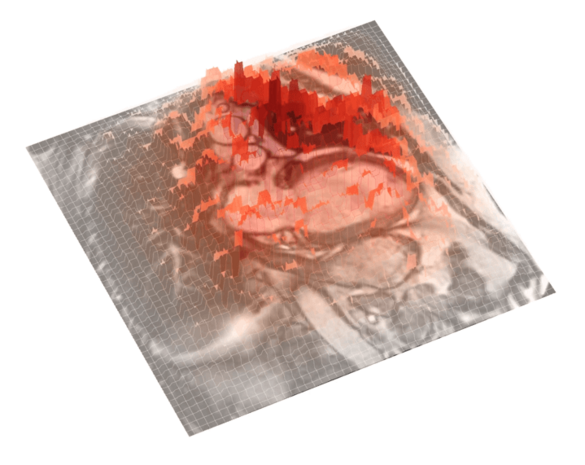

CARDIOGENETICS CENTER
Genetic testing offers us deep insights into the individual causes of these diseases and is a crucial step in developing a personalized treatment plan. At the Heidelberg Cardiogenetics Center, we bring together a team of highly qualified experts from various disciplines to ensure comprehensive and advanced care for our patients. Our patients' blood samples are processed using state-of-the-art robots that ensure maximum efficiency and accuracy using state-of-the-art sequencing devices. more
INFORMATICS FOR LIFE

Informatics for Life is a novel and joint approach incorporating experts from computational modeling and clinical research and lays the ground for the translation into clinical applications with a patient-centric environment. It is a network of scientist from basic to clinical research using artificial intelligence and computational techniques to improve diagnostics, prognosis and therapeutics. more
